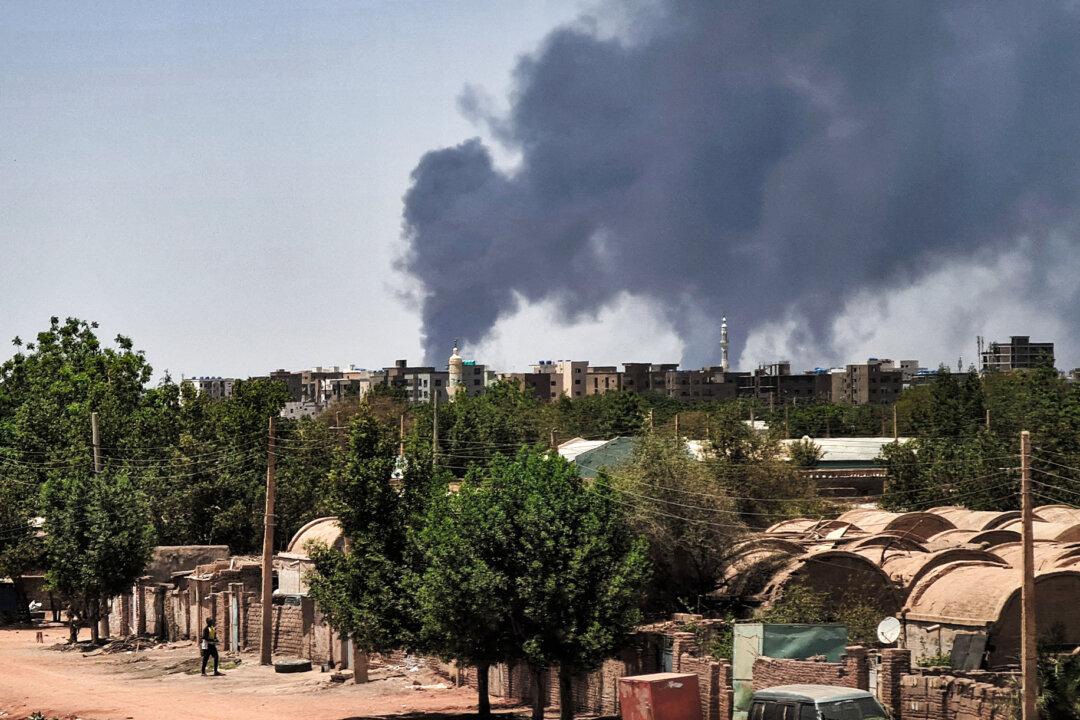The only people surprised that rival generals in Sudan were marshaling forces to battle for supremacy were the U.S. State Department and its Africa desk, Republican and Democratic senators alleged during a May 10 hearing on “options for an effective policy response” to the unfolding catastrophe.
As a result, the senators said, when fighting exploded on April 15 in Khartoum between the Sudanese army, led by Gen. Abdel-Fattah al-Burhan, and the paramilitary Rapid Support Forces (RSF), led by Gen. Mohamed Hamdan “Hemedti” Dagalo, there was confusion and delay in organizing evacuations of U.S. citizens.





